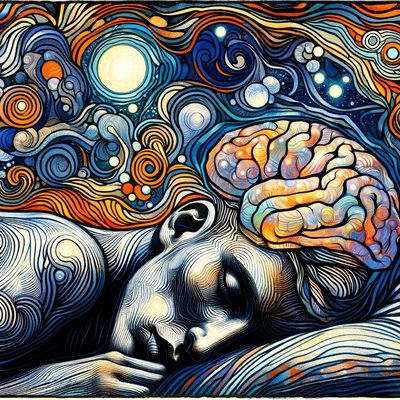|
This blog post was reviewed and approved for publication by Anne Phan-Huy M.D., a Board-certified psychiatrist at Apraku Psychiatry.
There’s a unique kind of frustration that accompanies a restless night. Despite your best attempts to drift off, you find yourself awake, tracking each passing minute with growing annoyance. However, for some, this struggle is more than an occasional inconvenience; it’s a regular battle with sleep.
If you belong to this group, you might be quick to blame insomnia for your sleep troubles. But there’s another potential villain in your sleep story: poor sleep hygiene. In this article, we aim to differentiate between insomnia, a sleep disorder marked by persistent difficulties in initiating or maintaining sleep, and poor sleep hygiene, which refers to inadequate sleep habits and practices. Understanding these differences can help you identify the real culprit behind your sleep problems, enabling you to adopt effective solutions. Let’s venture into the depths of this sleep conundrum together. Understanding InsomniaWe often throw around the term ‘insomnia’ to mean when we’re doggedly awake at odd hours. But what does it truly signify? Insomnia, in medical terms, is a specific sleep disorder characterized by a chronic inability to fall asleep, remain asleep, or get restful, quality sleep. It isn’t caused by a lack of time or the right environment for sleep. Instead, it is an intrinsic issue with the individual’s sleep pattern. Insomnia, then, isn’t an occasional sleepless night; it’s a recurrent problem, generally occurring at least three nights per week, over a minimum of three months. It not only leaves you feeling drowsy but significantly affects your mood, energy, productivity, and overall life quality. While insomnia often comes to mind when we struggle with sleep, it's crucial to remember that insomnia isn’t merely a colloquial term for sleeplessness — it’s a medically recognized condition warranting appropriate attention and treatment. Top Highlights
Sleep Hygiene: A Critical Factor in Sleep QualityThe term ‘insomnia’ is familiar to most, but ‘sleep hygiene’ might not be. Nonetheless, sleep hygiene is vital for optimal sleep and overall health. Sleep hygiene refers to the practices and habits crucial for good nighttime sleep and full daytime alertness. These habits encompass our routines, sleep environment, and pre-bedtime activities. Good sleep hygiene can significantly improve your sleep quality and subsequently, your waking life. However, poor sleep hygiene can result in disturbed sleep, even if you don’t have a clinical sleep disorder like insomnia. Distinguishing Between Insomnia and Poor Sleep HygieneUnderstanding insomnia and sleep hygiene brings us a step closer to distinguishing between the two. This distinction is essential as it guides us towards appropriate interventions.
Note that this information provides guidance and not a diagnosis. If you’re experiencing consistent sleep problems, please consult a healthcare professional. Practical Tips to Improve Sleep HygieneIf you’re struggling with sleep issues, the good news is that making changes to your habits can significantly improve your sleep quality. Here are some practical tips:
While enhancing sleep hygiene can significantly improve sleep quality, it may not be fully curative. Nevertheless, it’s a great starting point. When to Seek Professional HelpEven with good sleep hygiene, sleep problems can persist. Persistent difficulties might indicate insomnia or other underlying health issues. Seek professional help if you:
Chronic sleep issues shouldn’t be ignored as they can lead to other health problems. Reach out to a healthcare provider if you have concerns about your sleep. They can provide guidance, identify potential underlying conditions, and offer treatment options. Conclusion: Sleep — A Health SuperpowerThe quest for good sleep can be daunting, but armed with knowledge, you can begin to tackle the issue. Understanding the difference between insomnia and poor sleep hygiene can help you develop effective strategies to combat sleeplessness. Implementing good sleep hygiene practices forms the first line of defense against sleep issues. With a consistent routine, a good night’s sleep can become a reality. However, if sleep issues persist, seek professional help. It’s not an admission of defeat but a proactive step towards better health. Prioritizing sleep isn’t just about dreaming better — it’s about improving your overall wellbeing. So remember, sleep isn’t just a luxury; it’s a superpower. Take care of yourself and harness the power of restful, rejuvenating sleep. This blog post is brought to you by Apraku Psychiatry. Apraku Psychiatry is a private practice offering video appointments with Board-certified psychiatrists licensed in multiple states. More blog articles can be found here. To schedule an appointment with one of our psychiatrists, patients can complete the online booking form. Comments are closed.
|
Copyright © Apraku Psychiatry 2024


